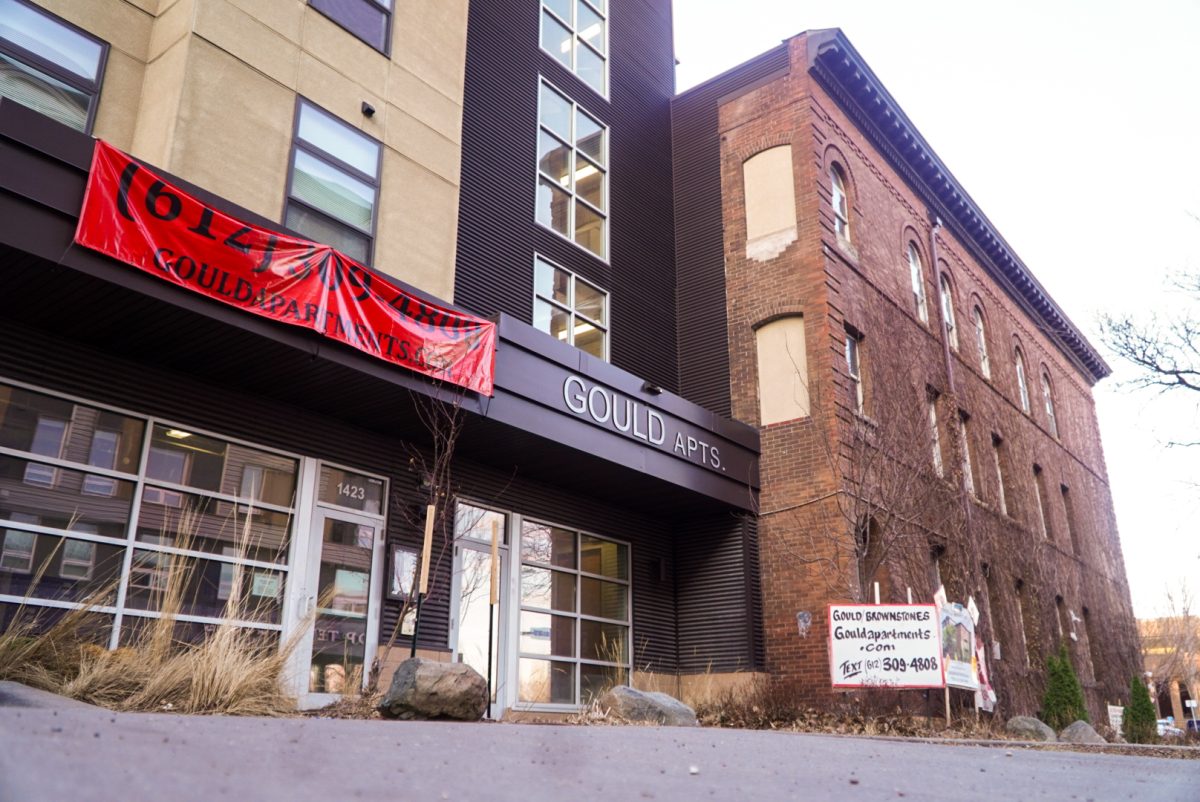Professors are rallying to help University of Minnesota students whose education may be threatened by deportation or the federally-proposed travel ban.
A letter drafted by the Minnesota Student Association this month outlines support for remote education, which would let students who benefit from the Deferred Action for Childhood Arrivals program and others affected by a travel ban complete their degrees.
The letter was officially presented Tuesday during an MSA forum and garnered over 100 faculty signatures over the last two weeks from professors across undergraduate and graduate departments.
One anonymous DACA recipient student said that before the Deferred Action for Childhood Arrivals act was passed, she was unsure whether she would be able to make it to her high school graduation.
Now, the student is unsure if she will be able to complete her college degree.
“I’ve worked very hard to get to where I am and it would be incredibly difficult to have to just give up on that… I would do everything possible to [finish my degree]. I wouldn’t want to give up,” the DACA student said.
Remote education is already offered for some classes, and would not be a large burden on professors, said Barbara Frey, director of the University’s Human Rights Program.
“It’s not like people are going to the moon,” Frey said. “We can have one-on-one Skype meetings, we can give assignments and read and grade papers… I don’t think it’s a very difficult thing to do.”
Though long-distance education is not ideal, DACA students consider it a necessity.
Last year, faculty members also signed a letter showing their support for the campus Immigration Response Team, which provides guidance to students impacted by immigration policy.
MSA hopes the letter will lead to additional support for DACA students, said Guillermo Perez, representative-at-large for MSA and part of the project’s leadership team.
“We are trying to figure out what we can tangibly do to help these populations on campus,” Perez said. “We want to make sure that we’re making asks that are possible.”
In addition to the letter, MSA announced at a Nov. 21 meeting that they are working with other Big Ten schools to create and share a video raising awareness about barriers DACA students are now facing. The video will be released next semester.
MSA plans to keep the letter open for signatures until Dec. 18, the day before it is presented to University administration.
“The very thought of [Immigration and Customs Enforcement] coming and taking one of our students away and deporting them would be so appalling to so many of us,” Frey said.







